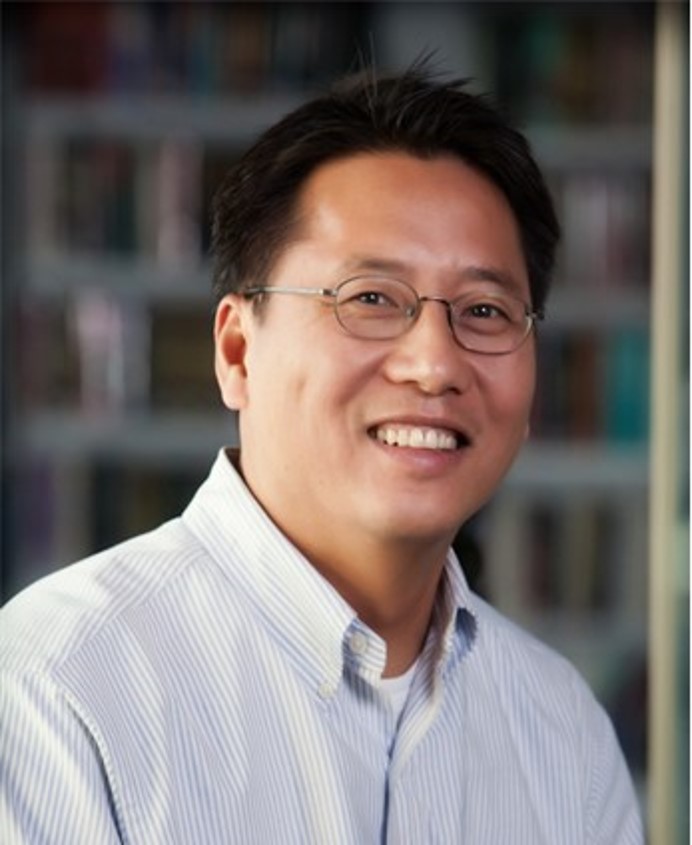
搜索网站、位置和人员

新闻与活动 活动信息
西湖名师论坛第220期 | Tianquan (Tim) Lian: Exciton Dynamics and Solar H2 Generation in Quantum Confined Nanoheterostructures
时间
2023年11月02日(周四)
16:00~17:30
地点
西湖大学云谷校区E10-201阶梯教室
主持
西湖大学理学院 徐益明讲席教授邓力
受众
全体师生
分类
学术与研究
西湖名师论坛第220期 | Tianquan (Tim) Lian: Exciton Dynamics and Solar H2 Generation in Quantum Confined Nanoheterostructures
时间:2023年11月2日(周四)16:00-17:30
Time:4:00-5:30 PM, Thursday, November 2, 2023
地点:西湖大学云谷校区E10-201阶梯教室
Venue: E10-201, Yungu Campus
主持人:西湖大学理学院 徐益明讲席教授邓力
Host: XU Yiming Endowed Chair Professor Li Deng, School of Science
主讲人/Speaker:

Tianquan (Tim) Lian
William Henry Emerson Professor of Chemistry
Emory University
报告题目/Title:
Exciton Dynamics and Solar H2 Generation in Quantum Confined Nanoheterostructures
讲座摘要/Abstract:
Quantum confined semiconductor nanocrystals (0D quantum dots, 1D quantum rods and 2D quantum wells) have been intensively investigated as light harvesting and charge separation materials for photovoltaic and photocatalytic applications. The efficiency of these semiconductor nanocrystal-based devices depends on many fundamental processes, including light harvesting, carrier relaxation, exciton localization and transport, charge separation and charge recombination. The competition between these processes determines the overall solar energy conversion (solar to electricity or fuel) efficiency. Quantum confined semiconductor nano-heterostructures, combining two or more material components (such as CdSe/CdS dot-in-rod nanorods or core/crown nanosheets), offer unique opportunities to control their charge separation properties by tailoring their compositions, dimensions and spatial arrangement. Further integration of catalysts (heterogeneous or homogeneous) to these materials forms multifunctional nano-heterostructures, such as CdSe/CdS/Pt, that are shown to be efficient photocatalysts for light driven H2 generation. Using 0D, 1D and 2D nano- heterostructures as model systems, we directly probe the above-mentioned fundamental exciton and carrier processes by transient absorption and time-resolved fluorescence spectroscopy. We are examining how to control these fundamental processes through the design of heterostructures to achieve long-lived charge separation and efficient H2 generation. In this talk, we will discuss the mechanism of exciton transport, dissociation, and key factors limiting H2 generation efficiencies in 1D and 2D nanoheterostructures.
讲座联系人/Contact:
科技合作部Sci-tech02@westlake.edu.cn

















